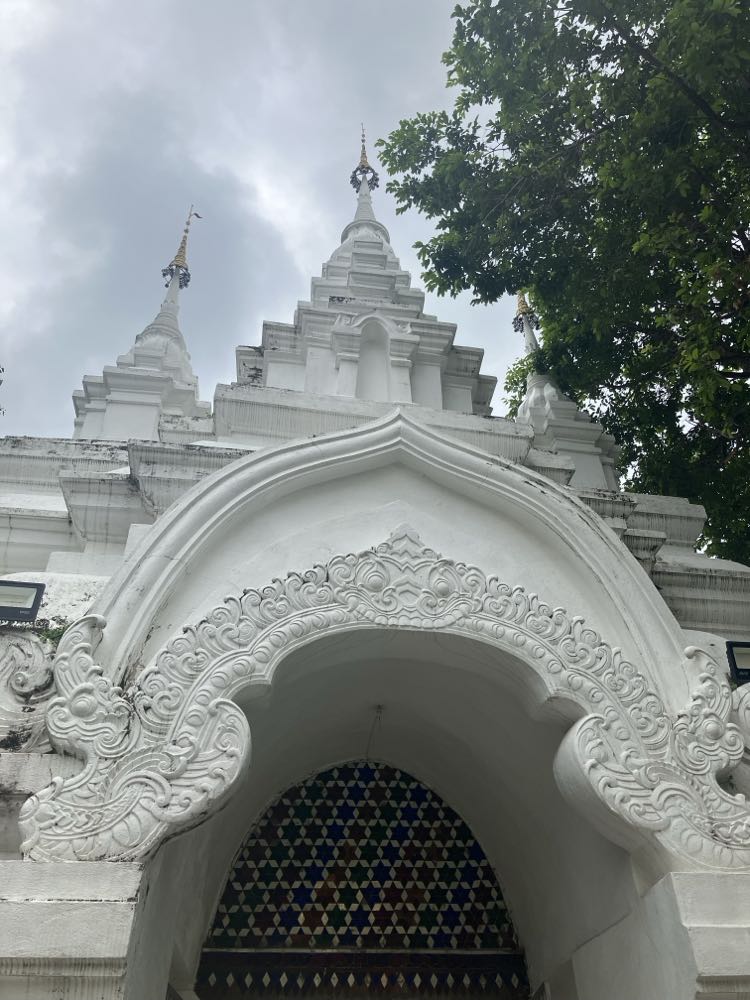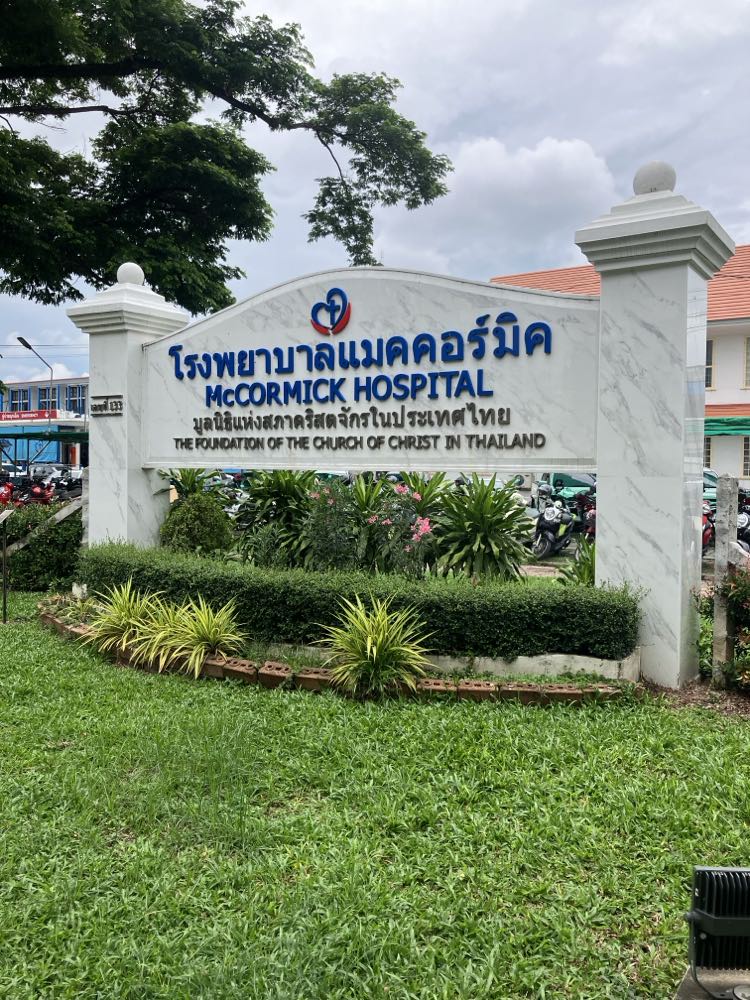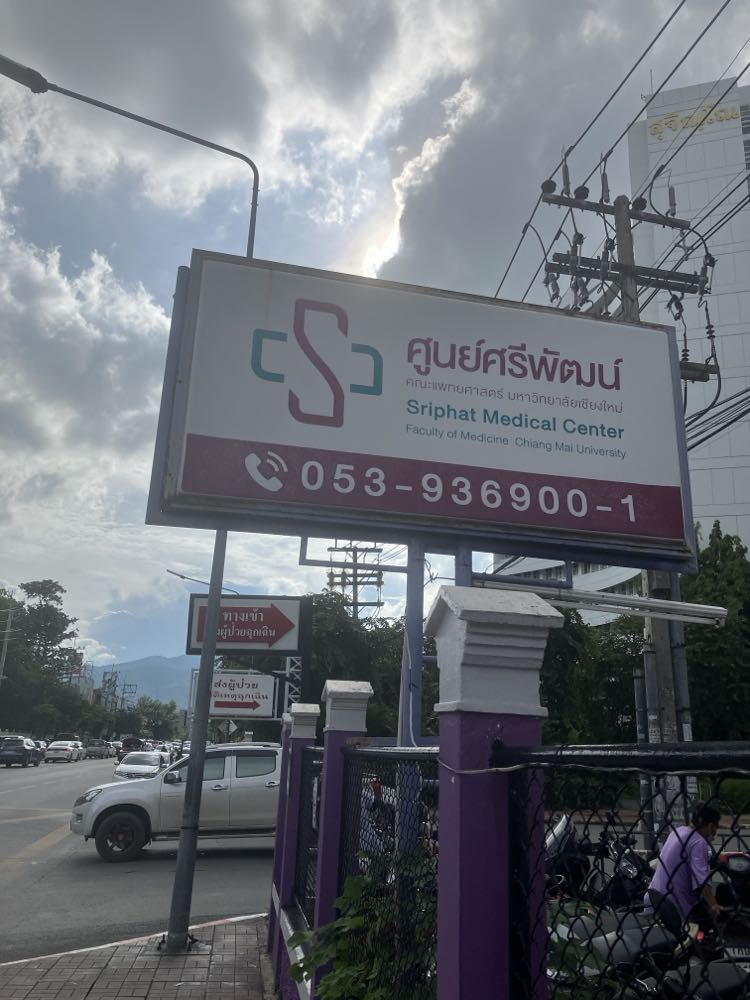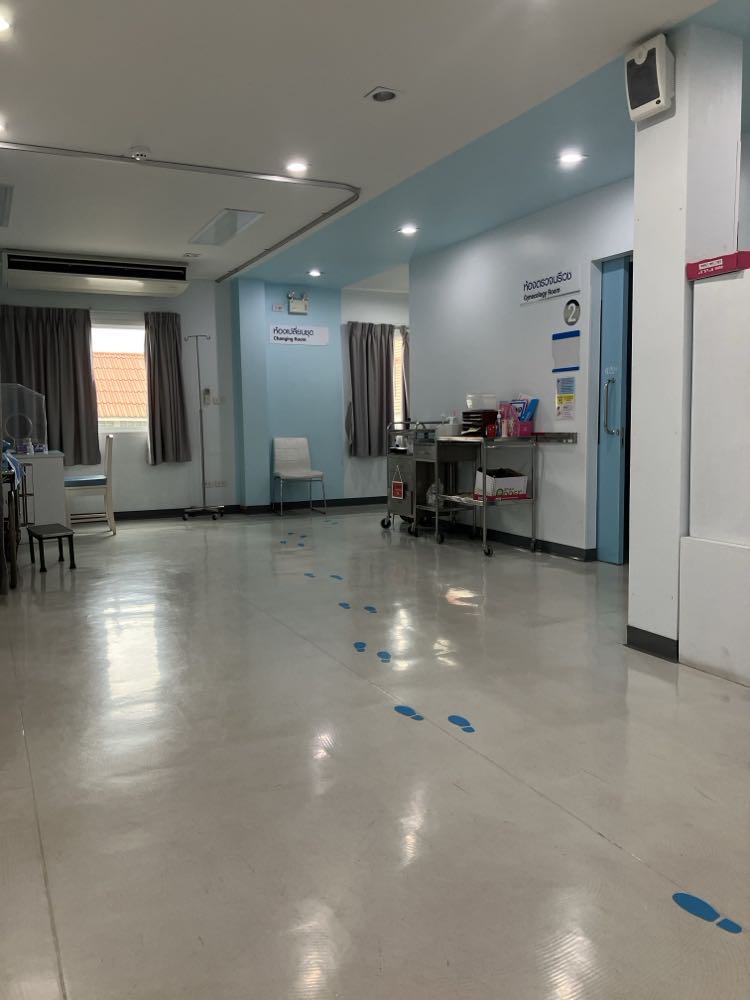My first bisalp consultation in Chiang Mai, Thailand, was an adventure. Fed up with my copper IUD and a family history of cancers hindering me from hormonal birth control, I decided to take matters into my own hands. I decided to get a bilateral salpingectomy, aka bisalp, because not only do I not have to worry about pregnancies again, but it reduces my risk of dying from the same cancers that took some relatives.
Unfortunately, getting approved for a bisalp procedure in the Philippines is a pipedream. I am not keen on wasting time and money to debate with doctors, only for them to reject a bisalp or tubal for being childfree (and getting unwanted lectures from the more paternalistic ones). Not even women with two children can get approved for a tubal easily here. The only recourse left is medical tourism. I considered Italy (where I lived for a year), Austria, or Turkey before. Of all the countries I considered, Thailand is the most sensible choice.
Why Thailand?
Choosing Thailand was straightforward- a solid reputation for medical tourism, affordability, visa-free access, and proximity to the Philippines. Thailand is known for high-quality care at top-notch medical facilities for a fraction of what you’d pay in Western countries. Thailand is also a destination for foreigners who need more healthcare support from their home countries. Bangkok is 3 hours away from Manila, connecting to major Thai destinations like Chiang Mai and Phuket. Thailand has also granted free visas for two months only recently to Filipino passport holders. This is important, especially for my boyfriend, who will accompany me to my procedure, and I won’t need a visa to travel there.
I decided to pick my first bisalp consultation in Chiang Mai after reading Iris Veldwijk’s laparoscopic BTL experience in Chiang Mai, Thailand, and her post on Reddit.

Finding a doctor in Chiang Mai
Last July 11, I flew to Thailand alone to find a doctor who would remove my tubes soon. I have never been to Thailand before. Months before the trip, I emailed a few Bangkok and Chiang Mai hospitals. Most of their replies weren’t forthcoming, with only the premium medical tourist hospitals like Bumrungrad and Samitivej Sukhumvit allowing online consultations. But their prices for bilateral salpingectomy or tubal ligation were astronomically high, so I didn’t consider them unless as a last resort. All the other hospitals I emailed to required making appointments for in-person consultations. I decided to make two trips there because I had yet to learn how much it would cost me unless I came to Thailand to ask them myself. The first trip would be for hospital/doctor hunting and scheduling the surgery. The second trip would be for the surgery itself.
For my first trip, I planned to spend the first half for a bisalp consultation in Chiang Mai, then off to Bangkok for sightseeing (or looking for doctors if I was unsuccessful in Chiang Mai). In her Reddit post, Iris Veldwijk meticulously accounted for the prices from hospitals she visited in Chiang Mai for her laparoscopic BTL. I decided to leave out Chiang Mai Ram and Bangkok Hospital Chiang Mai- with their price range, I could go to Bangkok instead. The hospital where she ended up getting her tubes tied – McCormick Hospital – sounds just about right. Her experience finding a doctor in Chiang Mai sounds promising, but I still had doubts. So many things could have happened in the past five years. What if her surgeon is no longer in Chiang Mai? What if the hospitals raised their prices in many places after the pandemic?
McCormick Hospital
The morning of my first full day in Chiang Mai, I set out for McCormick Hospital, a Christian hospital founded by American missionaries in the 19th century. Chiang Mai’s public transport system isn’t like Bangkok’s, but getting around is still easy with ride-hailing apps like Grab and Bolt. I took a GrabBike to McCormick Hospital, which was 7 minutes away from my guesthouse in Tambon Si Phum.
A middle-aged man in scrubs greeted me at the entrance of the ER at McCormick Hospital. Confused, I asked for directions to the gynecology department. With his limited English, he escorted me to the gynecology department on the second floor of the same building. Like most hospitals in Chiang Mai, McCormick Hospital accepts walk-in consultations. I was able to see a doctor within 30 minutes. I was nervous upon being called to the doctor’s office. This was my first bisalp consultation in Chiang Mai.

The First Doctor
Fortunately, the doctor said yes after I told her I want a bilateral salpingectomy!
Because I wanted to cover as many bases as possible, I gave her a litany of health-related reasons- from not wanting to have children to my family’s history with breast and ovarian cancers- why I wanted to have this procedure done. The doctor gave me a baffled look, and she assured me, “Not wanting to have children is enough reason for us, especially for the surgeon!”
I was floored.
Coming from a country where doctors are opposed to performing sterilizations on women without children, this is entirely new to me. She was shocked when I told her how abortion is illegal in all cases in my country, as well as how hard it is to get approved for sterilization, even for women who have children. She offered to schedule the operation within a week, but I told her I needed to return home to the Philippines first. I asked her how much the bilateral salpingectomy would cost. She and the nurse spoke to each other in Thai.
She issued the appointment slip for a consultation with the surgeon on August 14. They asked if I was okay with having a male surgeon. I said, “Yes, I have no problem with that.”
“Then your surgeon will be Dr. Manatsawee Manopunya. See you on the 14th!” the nurse smiled.
After paying for my consultation at the cashier, I walked out of McCormick with a huge smile plastered on my face. I can’t believe my luck.
I celebrated my success by getting a Calpis Melon Cream Soda at the 7-Eleven across the road.
Sriphat Medical Center – surprise!
Even though McCormick was already a success, I still want to find a better deal. For my second bisalp consultation in Chiang Mai, I went to Sriphat Medical Center after lunch. The nurses at Sriphat scheduled me for their next available gynecologist at 5 PM. The Sriphat nurse said I will be seeing Dr. Manatsawee Manopunya. Hang on, I heard that name this morning. I checked my appointment slip from McCormick and found his name there. I asked the nurse who took my BP if Dr. Manatsawee Manopunya also works as a surgeon at McCormick Hospital. She said yes, it’s the same guy. What a coincidence, I’ll get to meet the very surgeon who will yeet my tubes out next month. At least I get to talk to him more about the procedure and what I need to prepare. The nurses asked me to return at 5 PM to meet my surgeon, leaving Sriphat to explore the Wat Suan Dok and a Watsons across the road.
I returned to the gynecology department of Sriphat a quarter before 5 PM. The nurse called me to Dr. Manopunya’s office shortly after.

Meeting the surgeon himself
I expected the surgeon to be more defensive, but Dr. Manopunya was the opposite. When I told him why I wanted a bilateral salpingectomy, I focused more on contraceptive-related reasons, as suggested by the first doctor. I complained about my IUD- about periods so heavy I am passing out huge chunks of blood clots and debilitating pain that caused me days of missed work. Like the first doctor, he confirmed I would be the perfect candidate for a bilateral salpingectomy. He told me not only would he remove my entire tubes, but he would also remove my IUD as well. While I never pushed for anything more invasive than a bisalp, he told me to return for an Oophorectomy (removal of ovaries) after I turned 40. After looking at my McCormick appointment slip, Dr. Manopunya apologized as he is unavailable on the 14th. He made some revisions to the slip and told me to bring this slip back to McCormick. Dr. Manopunya suggested that we stick to McCormick for the operation since the cost at Sriphat would be twice that of McCormick’s.
Before leaving, he gave me a signed medical certificate indicating that I would have a bilateral salpingectomy operation with him on August 17. This will be for IOs asking for documents when I leave the Philippines next month.
Back in McCormick
Following Dr. Manopunya’s instructions, I returned to McCormick the next day. The nurses read the revised slip and gave me a new appointment date. Before leaving, they had me sign the consent form. I used Google Translate to read the document. A translator was there to explain the document in more English. The nurses mentioned the bill could be higher, and I might stay longer if there are complications. I was a bit annoyed at the changes, naturally. At least I know now rather than surprise me after the operation.

Conclusion
I found a doctor, scheduled a bilateral salpingectomy for the next month, and got everything settled within two days in Chiang Mai. I am more than impressed to get approved for a bisalp without any pushbacks. It was a culture shock more than anything else.
Medical tourism is a great way to circumvent a system that will never respect my bodily autonomy in this lifetime. I almost cried when the first doctor assured not wanting children was enough for them to give me a salpingectomy. I’ll never find a doctor in my own country who is willing to do the same in this lifetime. But it took me two days to get approved and scheduled for a bisalp in Thailand. To them, respecting a patient’s bodily autonomy may be a given, but it meant the world to me. For the first time, I didn’t have to fight hard to get the care I needed.
Now, I look forward to my return to Chiang Mai and finally saying goodbye to my fallopian tubes!
